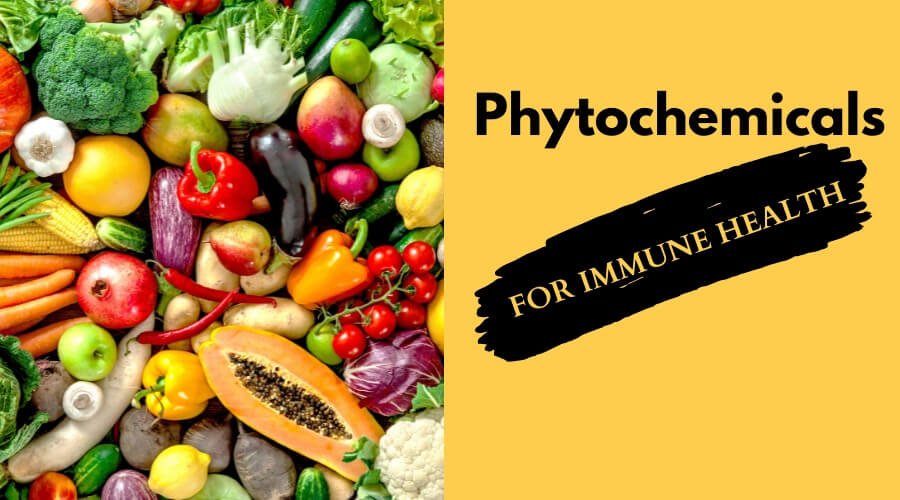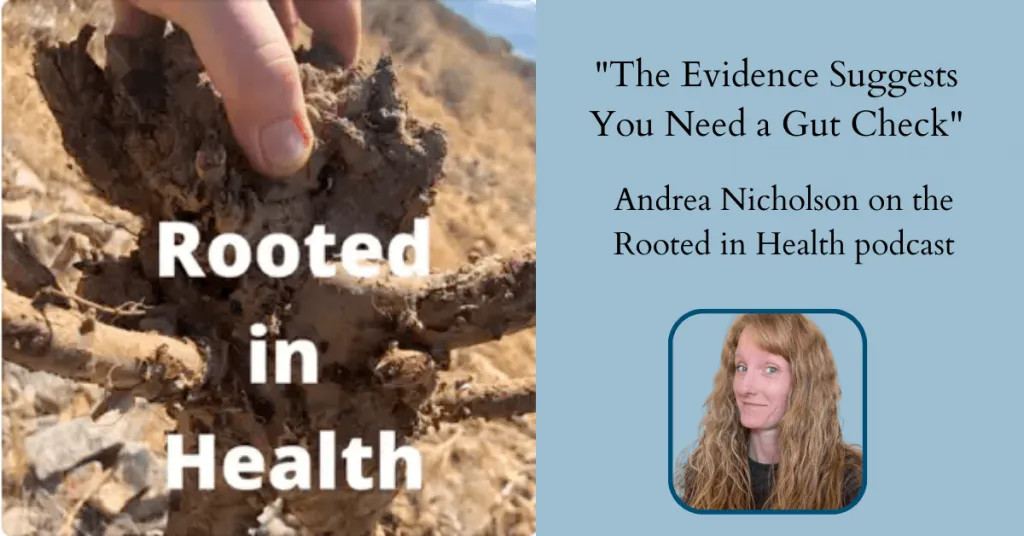
Are You Eating Enough Phytochemicals?
When you were growing up your mom may have fought to get you to eat your vegetables. Or maybe you’re the one fighting with your kids to eat nutritious foods. Most people don’t realize their food can fight for them, not just against them (like when foods cause digestive distress, bloating, and gas). Whether you understand the exact nature of how these chemicals work in the body or not, be sure to eat phytochemicals for immune health.
Enter the Powerful Phytochemicals for Immune Health
Phytochemicals are the substances in plants that give them their color, flavor, odor, and protection against plant diseases (and they protect us too). Phytochemicals work as powerful antioxidants, which can increase our resistance to disease and boost immunity.
While most research focuses on the anti-cancer effects of phytochemicals, the results are equally important to anyone looking to boost their immune system or help or slow aging.
It’s important to fill your diet with all the colors of the food rainbow – blues, reds, purples, oranges, yellows, and greens.
Phytonutrients foods:
- FRUITS: Apples, apricots, avocados, bananas, berries, cherries, citrus fruits, grapes, kiwi fruit, lemons, mangoes, melons, nectarines, oranges, papayas, peaches, pears, plums.
- NUTS and SEEDS: Flaxseed (a small brown seed used in cooking), macadamia, pecans, sesame seeds, walnuts.
- VEGETABLES: Asparagus, beans, beets, broccoli, Brussels sprouts, cabbage, carrots, celery, cauliflower, corn, eggplant, dark leafy greens and lettuces, mushrooms, onions, green and dried peas, sweet and hot peppers, white and sweet potatoes, pumpkin, soybeans, watercress, winter squash, tomatoes, and a host of others.
Fresh or Frozen Produce?
Studies show that frozen fruits and vegetables are nearly as nutritious as fresh because they can wait to be picked until they’re at the peak of freshness. Fresh produce is often harvested long before the product is ready to allow for shipping and processing time. This means it missed out on vital growing time that yields much of the critical nutrients.
If you’re lucky enough to be able to grow your own fruits or vegetables, or you can buy straight from a farm – then that’s where you’ll find the most nutritious fruits and vegetables!
What about supplements?
Supplements can be tricky. There are tremendously beneficial supplements on the market, but there are also many that have no value or even cause harm. When it comes to phytonutrients, sadly most of the power seems to be lost when removed from food. The one exception is a high-quality ‘greens drink’. Drinking one glass of a quality ‘greens drink’ supplies more than 5 servings of powerful, phytochemical-rich nutrition.
Bottom line:
- Eat real food. Leave out as much processed and refined food as possible. Fresh and frozen foods are the best, most nutritious options. Read labels on frozen foods to ensure there are no added sugars, colors or preservatives.
- Eat a wide variety of colors, shapes, sizes of plant foods.
- Eat both raw and cooked plant foods. Some components are destroyed by cooking, others are released for absorption by cooking!
- Eat grass-fed, wild-caught animal proteins that have also fed on a wide variety of natural (real) foods for them.
- Take quality supplements when needed, but maybe not for phytochemicals (get those from your food).





















0 Comments